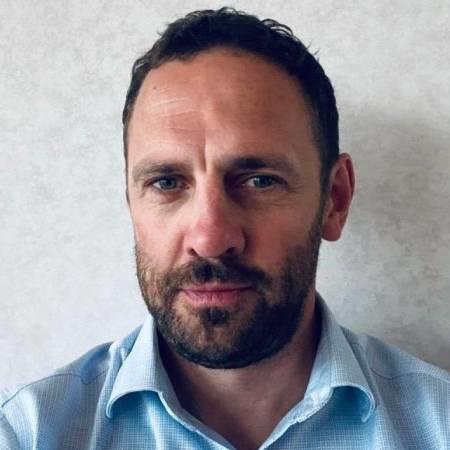Further expansion into bio & recycled polymer fibre solutions
International Fibres Group provides the best quality fibres to a diverse range of industries. In a chat with Fibre2Fashion, Richard Barker-Poole, Group Sales & Marketing Director, International Fibres Group, speaks about the big turnaround the company is witnessing in the area of bio polymers, the emerging trends of the fibre market and the company’s expansion plans for the future.
How was International Fibres Group incorporated? How many employees do you have till date?
International Fibres Group was incorporated in 2011 and we have 375 employees.
Where are your factories based at? What is the production capacity of each of your fibres?
We have global manufacturing capabilities via our production facilities in the UK, Belgium, Austria and the US, all with varying and in some cases interchangeable capacities to adapt to the global and geographical demands of the market.
What are the emerging trends in the fibre market?
The emerging trends we see in the fibre market, as in many markets, is a move towards more sustainable product solutions.
Our desire to meet and contribute to the sustainability goals of our customers has been at the core of IFG’s strategy for the last few years.
Where do you have your global footprints?
International Fibres Group services a worldwide market. The company provides the best quality fibres to a diverse range of industries across Europe, the Americas, Oceania and parts of Asia.
What are your core strengths as a fibre manufacturer?
With a focus on researching new products and technologies, the company’s core strengths are embedded in service, product sustainability, continuously improving product performance characteristics with an eye on future technologies.
Do you see any marked difference in consumer preferences in this pandemic ridden world?
We have naturally seen an increase in the demand for fibre for use in filtration and PPE applications. In addition to this, we have noticed a much stronger interest in our antibacterial fibres for use in textiles. While not intrinsically linked, we feel that the requirement by consumers for more sustainable solutions in fashion apparel has been accelerated. This has been felt by the number of enquiries we have received particularly for bio-based solutions.
Has Brexit impacted the fibre industry of UK by any chance? Kindly elaborate
Brexit has undoubtedly had an effect on the fibre industry in the UK market, but the impact has not been as much as we feared. Fortunately, because we have production facilities in both the UK and Europe, we were able to quickly adapt to the changes and preferences of our UK and European customers. Naturally in the UK market, we have seen a move to locally sourced fibre from our UK production facility, due to the additional cost and documentation required to import fibre from Europe. The same can be said for our European customers and production facilities.
Which were the turnaround years of the company? What are the innovations that changed your fortunes?
We are currently going though a big turnaround in the area of bio polymers. IFG has dedicated years of research and innovation into making its product offerings more sustainable and is continuing to develop a number of bio-based (and recycled) fibre solutions for a variety of increasing applications including apparel.
Can you name the key global markets and potential emerging markets in which the company performed well during 2020?
2020 was a particularly challenging year for everyone. However, IFG managed to do well in its key markets in Europe and the US. In addition to this, South America and parts of Asia are emerging as key future markets to our business.
How do you incorporate sustainability in the whole scheme of production that happens at your end and the products themselves?
In addition to our sustainable product ranges, we incorporate sustainability wherever possible thought the entire operations of the group. For example, most of our energy is now entirely supplied from renewable sources, we have step by step been moving our sales staff over to electric and hybrid company cars, and 100 per cent of the waste and transition fibre from our manufacturing is sold for secondary applications or is recycled – therefore nothing is wasted.
What are the innovations you are currently working on?
We are working on a number of exciting innovations in the area of bio-based fibres and are involved in a number of sustainable customer innovations, many of which are in the apparel industry.
Which of your products among biopolymers, recycled fibres, PP staple fibres etc has the largest market share?
Currently, our biggest market share is still PP staple fibres. However, with the introduction of bio-based fibres, and fibres made from recycled PP and PA polymers, we are starting to see the trend of moving towards these more sustainable solutions.
What kind of capacity expansion planned for the future?
Our future plans involve further expansion into the area of bio polymer and recycled polymer fibre solutions. Watch this space!
Credits: Paulami Chatterjee

